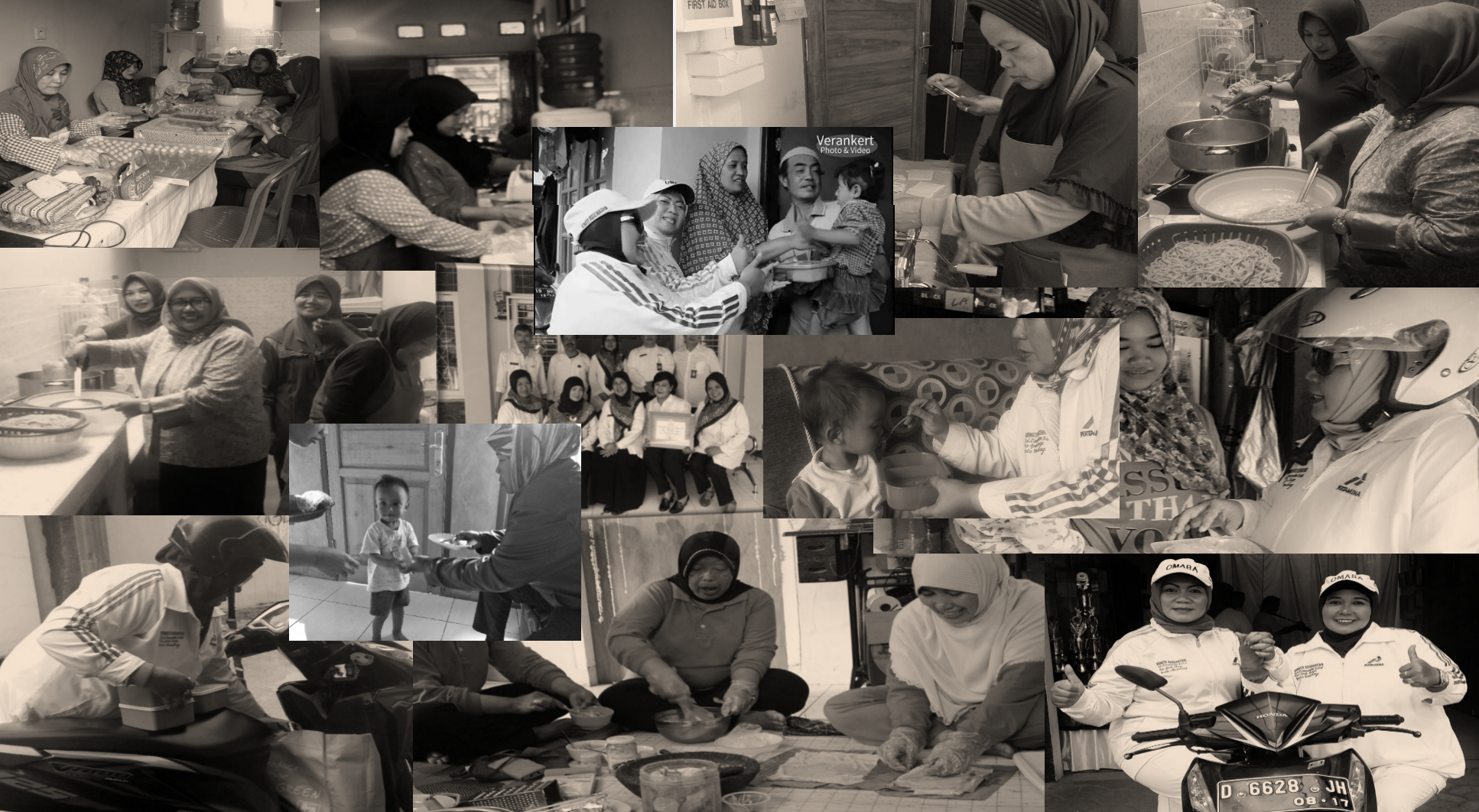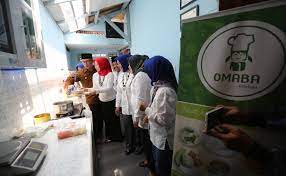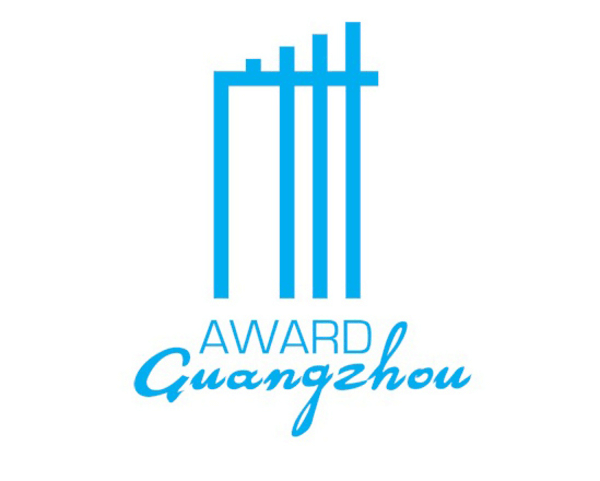City
Bandung
Main actors
Local Government, Community / Citizen Group, Public Utility
Project area
Metropolitan Area
Duration
2013 - 2020
A Public health initiative to support malnourished children and improve nutrition options for young people.
The Bandung Public Health Service launched an initiative to address the challenges of malnourished and stunting children and to reduce child mortality rates.
The initiative provides children in the target group with supplementary food that is nutritious and tasteful enough not to be rejected by them.
The initiative involved established a community-based cooking centre, OMABA, where citizens, mostly women, are provided traiinng in food preparation and cooking.
Guangzhou Award
This project was shortlisted for the 'Guangzhou Award' in 2021.
External links / documents
On Map
The Map will be displayed after accepting cookie policy


